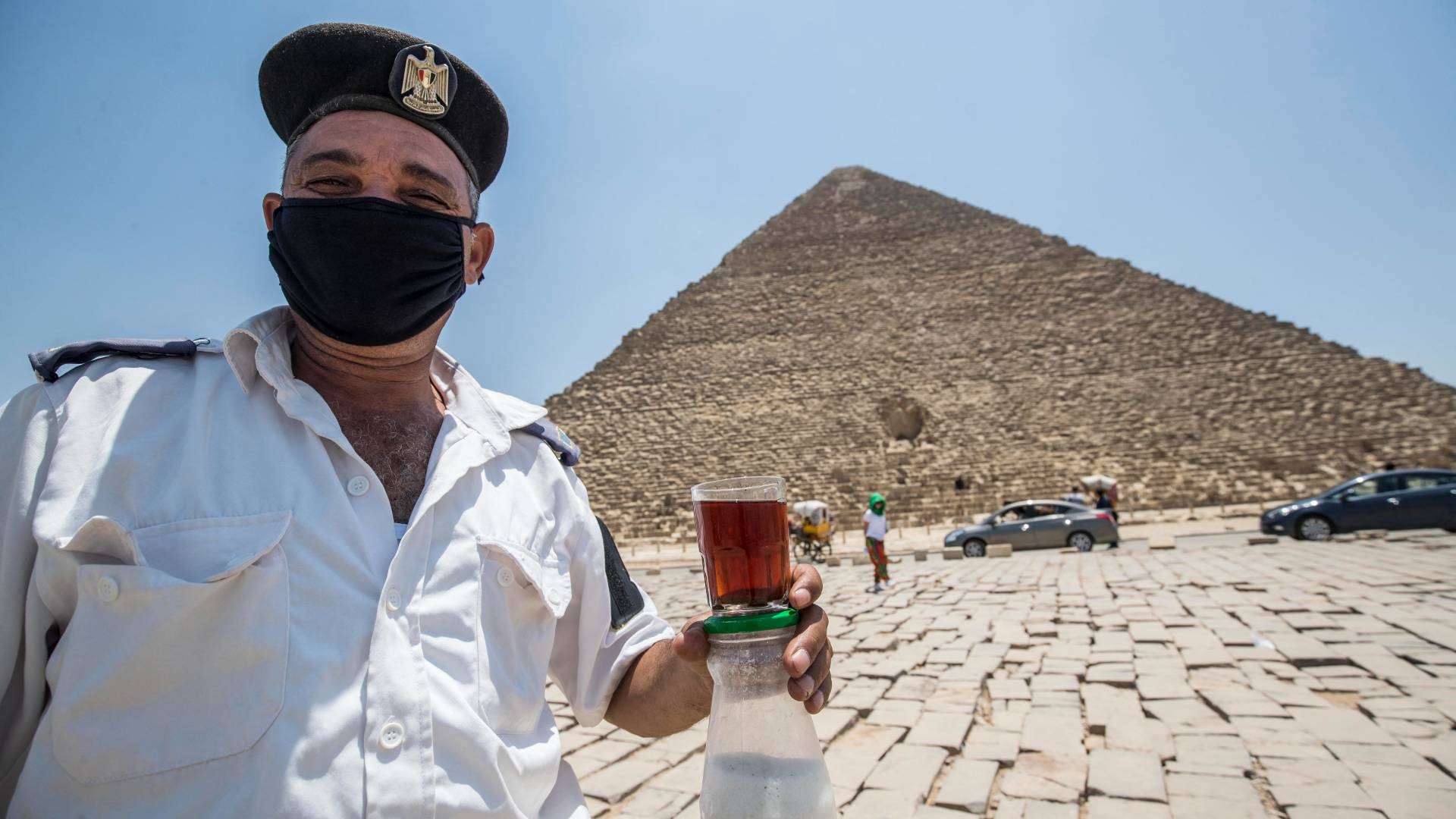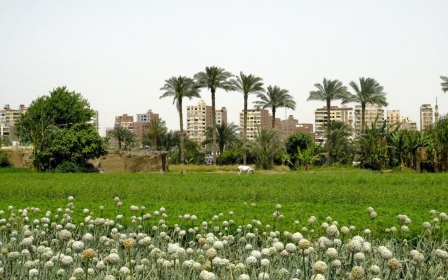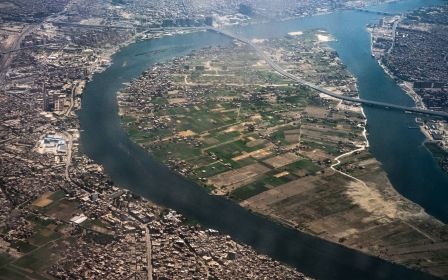Egypt: National mood 'at risk' with country running out of tea

Egyptians could face a tea supply shortage in less than a month if banks do not release US dollars needed for import deals, a giant tea company warned on Monday.
El-Fath for Food Industries, the company that packages and sells the famed El-Arosa Tea, has submitted an official complaint to Egypt's cabinet, warning them that Egyptians would soon not find tea in supermarkets as stocks in silos are running out.
'Cargo keeps piling at the ports because importing companies do not have dollars to pay for the shipments'
- Ahmed al-Shami, maritime shipping company
Around 6,000 tonnes of El-Arosa tea have been sitting in Egyptian ports for almost a month, but with no foreign cash to pay for it, the company could not clear its shipment.
Ahmed al-Shami, chairman of the Board of a maritime shipping company, explained to Middle East Eye that maritime shipping agencies cannot accept Egyptian pound payments because most of the cargo comes to local ports on board vessels owned by foreign companies.
"Cargo keeps piling at the ports because importing companies do not have dollars to pay for the shipments," he said.
New MEE newsletter: Jerusalem Dispatch
Sign up to get the latest insights and analysis on Israel-Palestine, alongside Turkey Unpacked and other MEE newsletters
El-Fath warned that extensive delays to the clearance of imported tea would damage the load and result in penalties for the shipping companies.
On Sunday, the company pressed ministers, including Ali al-Moselhi, the minister of supply, to ask banks to release US dollars so tea companies could pay for the import deals.
El-Fath also asked financial institutions, including The National, Alexandria, Qatar National and Commercial International banks, to provide US dollars to ensure tea imports.
Egypt's foreign currency reserves declined in July to around $33.14bn, while the Egyptian pound is weakening and expected to hit a record 25 mark against the US dollar.
Some Egyptian economists have warned the country could face a monetary reserve decline to limits that would not cover three months of imports, as Egyptians continue to face inflation and high energy bills, exacerbated since Russia attacked Ukraine in February.
Economist Mamdouh al-Wali said local banks are incapable of making the necessary dollars for import operations available because "there is a growing parallel foreign currency market that competes with the banks over the few dollars available".
"The banks have stopped providing businessmen with the dollars necessary for imports. This coincided with the restrictions imposed by the government on import processes," he told MEE.
"The government needs to exempt raw materials from these restrictions and help importers release the goods piled at the ports."
'Lift to Egyptians' mood'
Tea is one of Egypt's most essential commodities, with Egyptians consuming five billion Egyptian pounds' worth of the green leaf annually ($260m), according to official estimates.
El-Arosa tea, known as the "lift to the Egyptian mood" with its name carved into songs and culture, will not reach market shelves if the government cannot overcome its financial obstacles. Local newspapers warned of the consequences, using headlines such as "Egyptians' mood at risk", and the hashtag "El-Arosa Tea" has been trending on social media since the news surfaced, with a well-known commentator warning that "El-Arosa Tea is a red line".
El-Fath said it could reach a point when it could not pay its 5,000 workers, engineers, chemists and administrators if the crisis was prolonged. It urged the government to step in to help, saying tea was an essential commodity, such as wheat.
Egypt imports 60 percent of the tea it consumes, with 84 percent of 2020's tea imports coming from Kenya, worth a total of $167m. Egypt also imported 4.8 percent of its tea from Sri Lanka and 2.19 percent from the United Arab Emirates in the same year.
Egypt ranked seventh in tea consumption globally per person in 2016, while Turkey ranked first. In 2018, about 273bn litres of tea and coffee were consumed globally, according to the International Tea Committee. In 2020, Egypt imported a total of $195.6m of tea.
*Additional reporting by Middle East Eye correspondent in Cairo.
This article is available in French on Middle East Eye French edition.
Middle East Eye delivers independent and unrivalled coverage and analysis of the Middle East, North Africa and beyond. To learn more about republishing this content and the associated fees, please fill out this form. More about MEE can be found here.




